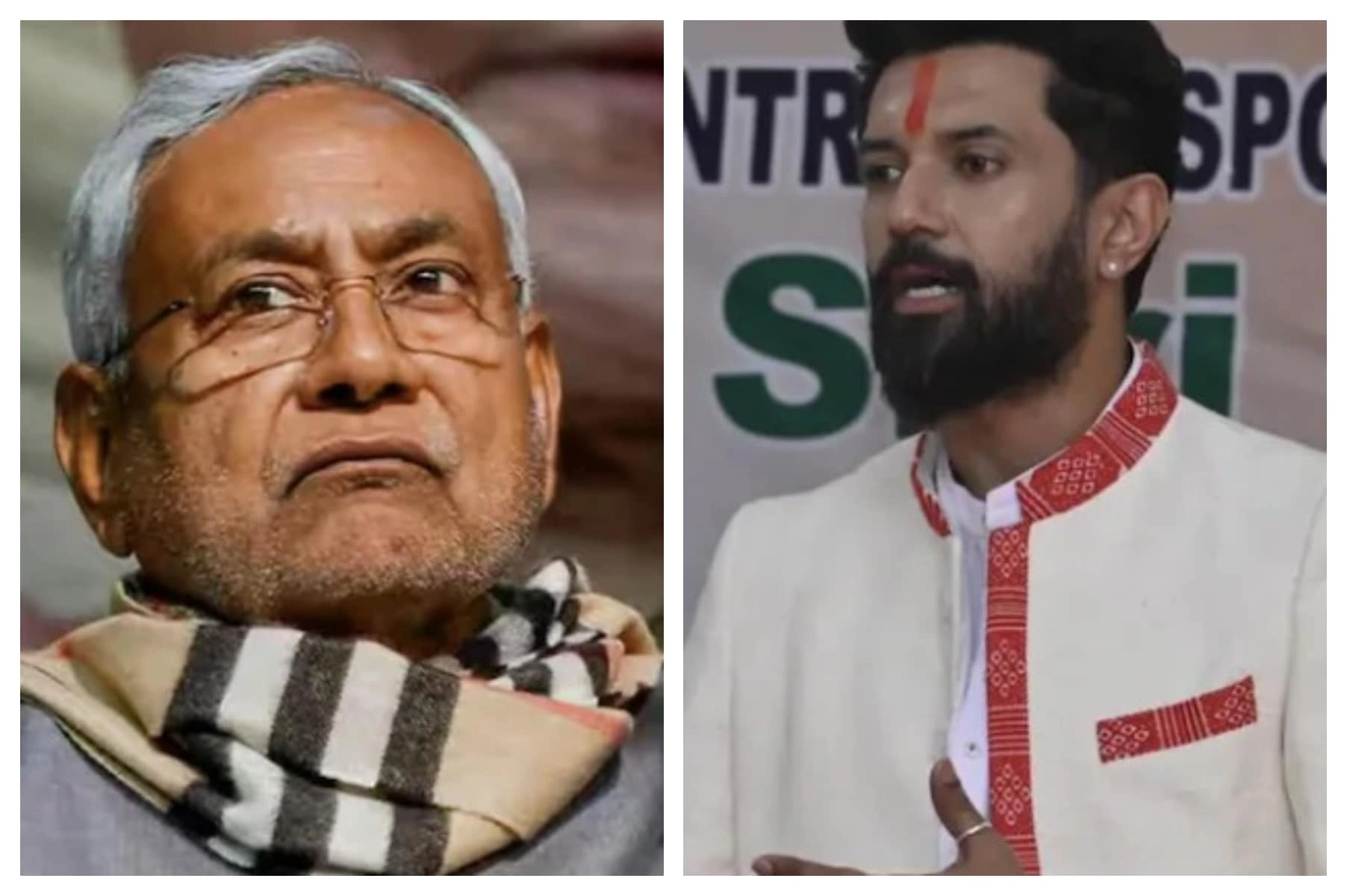Chirag Paswan, the leader of the Lok Janshakti Party (LJP), has openly criticized Bihar Chief Minister Nitish Kumar, expressing his disappointment in supporting a regime that he believes has failed the people of the state. Paswan’s remarks highlight a growing discontent among political leaders regarding Kumar’s governance and the effectiveness of his administration. The LJP leader’s comments come amidst increasing scrutiny of Nitish Kumar’s policies and their impact on the public, as many citizens voice their grievances about issues ranging from unemployment to infrastructure deficits.
In his statements, Paswan articulated a sense of betrayal felt by various factions within the political landscape of Bihar. He indicated that Kumar, who has held the chief ministerial post multiple times, has not delivered on his promises to the electorate. Instead of fostering growth and development, Paswan accused Kumar’s government of stagnation and inefficiency. This critique resonates with a broader narrative of dissatisfaction that is becoming increasingly prevalent among the electorate, suggesting that Kumar’s long tenure may be coming under serious examination as voters reassess their support.
Moreover, Paswan’s comments reflect a significant shift in political alignments and alliances in Bihar. As the state’s political dynamics evolve, leaders like Paswan are leveraging public sentiment to position themselves as viable alternatives to the established political order. His call to action could galvanize support for his party, especially among those disillusioned by the current administration. The LJP’s critique of Kumar is not merely an isolated incident but part of a larger discourse on accountability and governance that is crucial for the future political landscape in Bihar.
As the political climate continues to shift, the implications of Paswan’s statements could have far-reaching consequences. If discontent with Kumar’s administration grows, it may lead to a realignment of political alliances and a reexamination of voter loyalty. In a state like Bihar, where political identities are deeply entrenched, such critiques can serve as catalysts for change. Thus, Paswan’s denunciation of Kumar’s regime is not just a personal grievance; it reflects a broader call for accountability and a demand for better governance that resonates with the aspirations of the people of Bihar.




